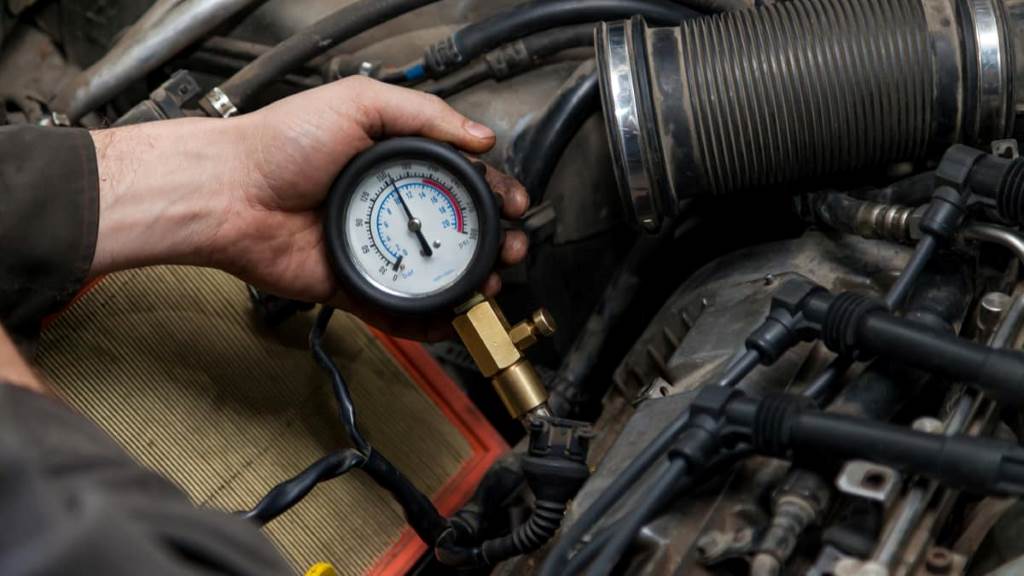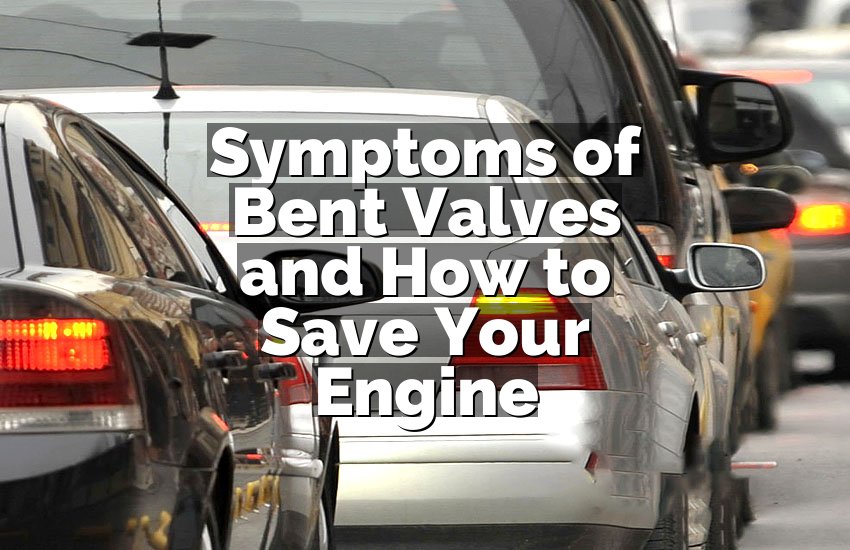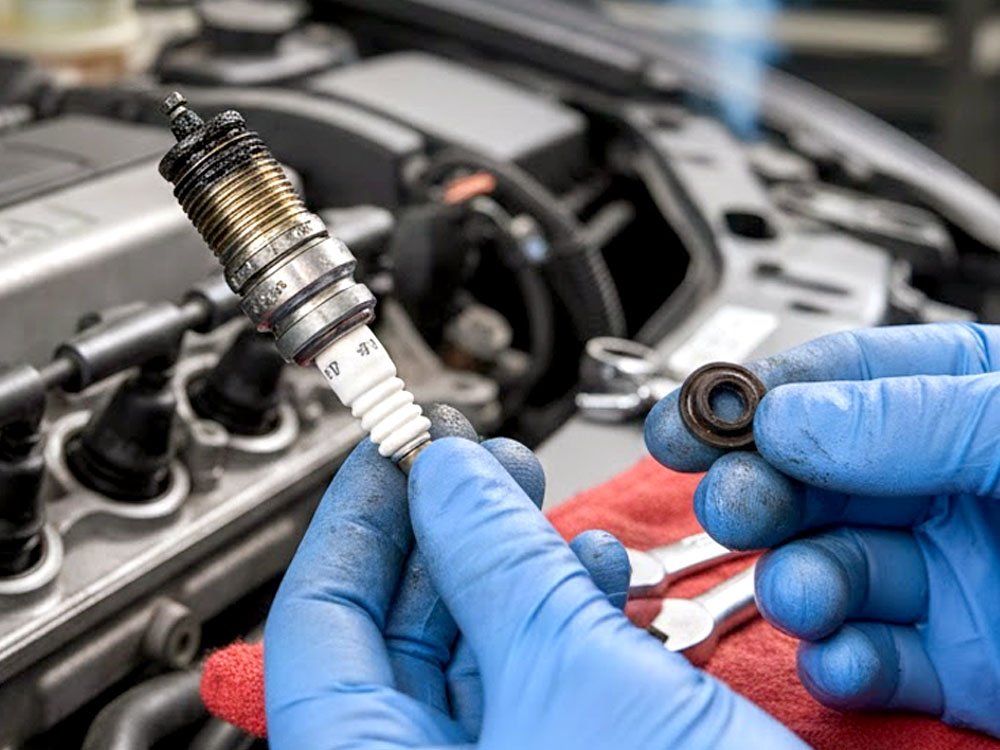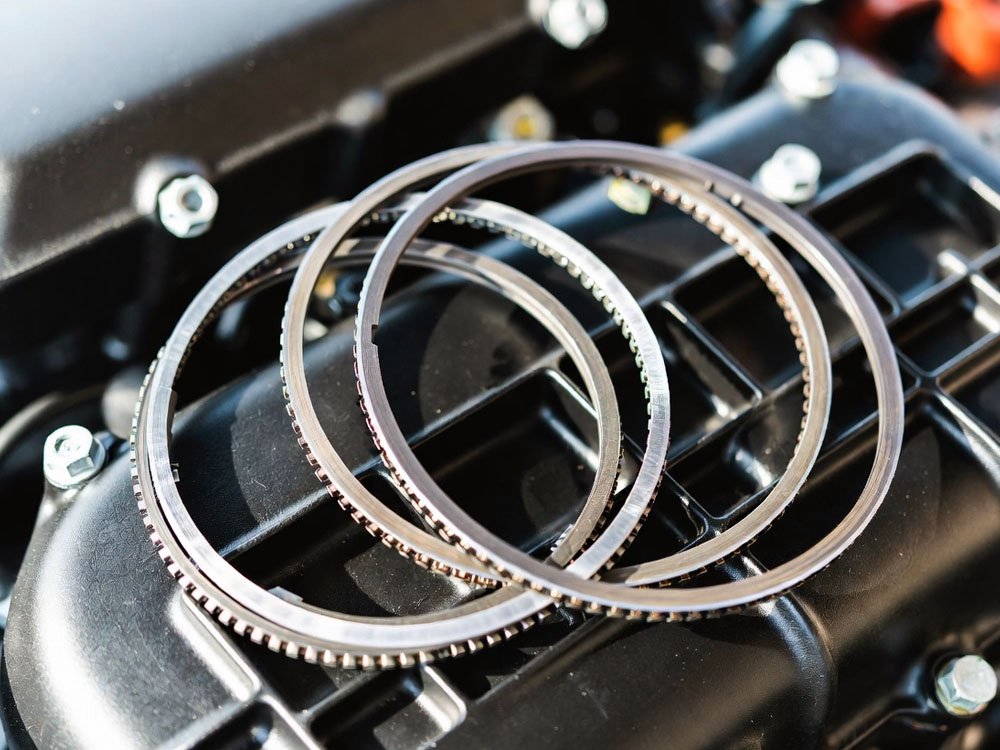Low compression in a car engine can be caused by various factors, including worn piston rings, damaged cylinder walls, or a faulty head gasket. Recognizing symptoms such as poor performance, difficulty starting the engine, or excessive oil consumption is crucial to identifying and addressing the issue.
Fixing low compression often involves replacing worn or damaged components, such as the piston rings, cylinder walls, or head gasket, to restore proper compression levels and optimize engine performance. It is important to address low compression promptly to prevent further damage and ensure the longevity of your car’s engine.
Regular maintenance, including oil changes and inspections, can help prevent low compression issues from occurring.
Worn Piston Rings
One possible response, meeting all the guidelines above:“Faulty or worn piston rings can cause low compression in a car engine. This issue can lead to symptoms like loss of power and increased oil consumption. Replacing the piston rings is the most common fix for this problem.
“
Signs Of Worn Piston Rings
If your car engine is experiencing low compression, one of the potential causes could be worn piston rings. Piston rings play a crucial role in maintaining the compression within the cylinders of your engine. Over time, these rings can become worn or damaged, leading to inadequate sealing and a decrease in engine performance.Fixes For Worn Piston Rings
Repairing worn piston rings requires some technical expertise and often involves dismantling the engine. Here are a few possible fixes for this issue:- Replacement of Piston Rings: The most effective and long-lasting solution for worn piston rings is to replace them entirely. This process involves removing the cylinder head and engine block to access the pistons, removing the old rings, and installing new ones. This should be done by a qualified mechanic to ensure proper installation.
- Honing the Cylinder Walls: In some cases, the cylinder walls may have developed grooves or scratches due to the worn rings. Honing the cylinder walls can help smoothen the surface, allowing for better ring sealing. However, this is a temporary fix and should be followed by ring replacement for a complete repair.
- Engine Additives: There are certain engine additives available in the market that claim to restore compression by rejuvenating worn piston rings. While these additives may provide some temporary improvements, they are not a permanent solution and should only be considered as a temporary fix until proper repairs can be made.
- Rebuild or Replacement: If the worn piston rings are part of a more extensive engine problem, such as severe cylinder wall damage or excessive oil consumption, a complete engine rebuild or replacement may be necessary. This is typically the costliest option and should be considered if the engine is in poor overall condition.
Remember, addressing worn piston rings promptly is essential to prevent further damage to your engine and ensure optimal performance. Always consult a qualified mechanic for a thorough inspection and proper repairs.

Credit: www.carrchevrolet.com
Damaged Cylinder Head Gasket
One of the common causes of low compression in a car engine is a damaged cylinder head gasket. The cylinder head gasket plays a critical role in maintaining the seal between the cylinder head and the engine block, and when it becomes damaged, it can lead to a range of issues affecting engine performance.
Signs Of Damaged Cylinder Head Gasket
Signs of a damaged cylinder head gasket may include:
- Overheating of the engine
- White smoke from the exhaust
- Coolant leakage into the crankcase
- Excessive pressure in the cooling system
- Loss of compression
Fixes For Damaged Cylinder Head Gasket
Fixes for a damaged cylinder head gasket may involve:
- Replacing the gasket with a new one
- Machining the cylinder head to ensure a proper seal
- Checking for and addressing any root causes of the damage, such as overheating or improper installation
Valve Problems
Experiencing low compression in a car engine can be caused by various valve problems. Symptoms include decreased engine power and misfiring. Repairs may involve valve adjustment, replacement, or cleaning to resolve the issue and restore engine performance.
Signs Of Valve Problems
Valve problems in a car engine can lead to low compression and affect its overall performance. It’s important to be aware of the signs that indicate valve problems so that you can address the issue promptly. Here are some common signs to look out for:1. Loss of power: Engine power may decrease due to insufficient valve sealing, resulting in a noticeable drop in performance.2. Engine misfires: If the valves are not closing properly, it can lead to misfires in the engine, causing it to run unevenly or lose power intermittently.3. Excessive oil consumption: Faulty valves can cause oil to leak and be burned in the combustion chamber, leading to increased oil consumption.4. Difficulty starting the engine: When the valves are not functioning correctly, starting the engine may require several attempts before it successfully fires up.5. Backfiring: Faulty valves can allow unburned fuel to enter the exhaust system, resulting in loud backfiring sounds during deceleration.6. Engine knocking: Poorly sealing valves can lead to excessive carbon deposits on the valves and in the combustion chamber, causing knocking sounds.Fixes For Valve Problems
If you suspect valve problems in your car engine, it’s important to address them promptly to avoid further damage and maintain the engine’s performance. Here are some fixes for valve problems:1. Valve Adjustment: A professional mechanic can perform a valve adjustment to ensure proper valve clearance and improve sealing.2. Valve Cleaning: Carbon deposits on the valves can hinder their operation. Regular cleaning can help remove these deposits and restore valve functionality.3. Valve Replacement: In some cases, damaged or worn valves may need to be replaced. This requires professional expertise and should be done by a qualified mechanic.4. Timing Belt Replacement: If valve problems are caused by a faulty timing belt, replacing it can prevent further damage to the valves.5. Regular Maintenance: Proper maintenance, such as regular oil changes and using high-quality fuel, can help prevent valve problems and ensure the longevity of the engine.Being aware of the signs and fixes for valve problems is crucial for maintaining the performance and reliability of your car engine. If you notice any of the mentioned signs, it’s recommended to consult a professional mechanic for a thorough inspection and necessary repairs.
Credit: carfromjapan.com

Credit: shieldoils.com
Conclusion
In addressing low compression in a car engine, it is crucial to understand the various causes and their corresponding symptoms and fixes. By identifying and addressing these issues early, you can prevent further damage to your vehicle and ensure its optimal performance.
Knowing the potential causes and taking the proper measures is key to keeping your car running smoothly.


